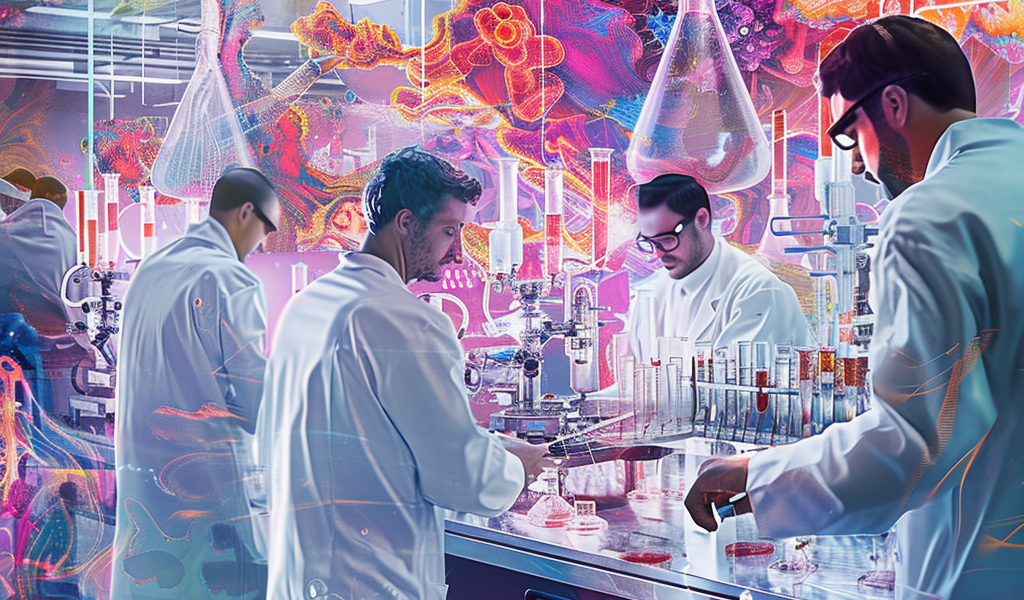Next-generation psychedelics are gaining attention in the biotech industry as companies like Seaport Therapeutics and Gilgamesh Pharmaceuticals secure significant venture funding for their innovative approaches. These new psychedelic drugs are being developed to address mental health conditions more effectively than traditional psychedelics like psilocybin and LSD.
Seaport Therapeutics, based in Boston, recently launched with $100 million in funding, focusing on refining psychedelic drugs for mental health treatments. Similarly, Gilgamesh Pharmaceuticals has partnered with AbbVie to create novel therapies for psychiatric disorders, receiving a substantial upfront payment and potential future payments totaling billions of dollars.
The interest in next-generation psychedelics marks a shift in the industry, with more companies investing in psychedelic research and development. Sam Banister, co-founder of Psylo, notes the significant increase in funding and the emergence of numerous companies dedicated to psychedelic innovation.
One of the driving factors behind the resurgence of psychedelics is the high demand for more effective treatments for mental health conditions. Traditional antidepressants like SSRIs often have limited efficacy, leaving a significant portion of the population with unmet needs. The success of Spravato, a ketamine-derived drug approved for depression, has further fueled investor interest in psychedelic therapies.
Despite the potential benefits of psychedelic drugs, there are challenges in their use for clinical purposes. Ensuring blinding in clinical trials and providing adequate supervision during drug administration are key obstacles that companies developing these drugs must address. The need for close monitoring and the unique psychoactive effects of psychedelics present practical and logistical challenges in their application.
As the field of next-generation psychedelics continues to expand, researchers and companies are working to overcome these challenges and unlock the full therapeutic potential of psychedelic compounds. With a growing focus on mental health and innovative treatment approaches, the future of psychedelic medicine holds promise for addressing complex mental health conditions.





